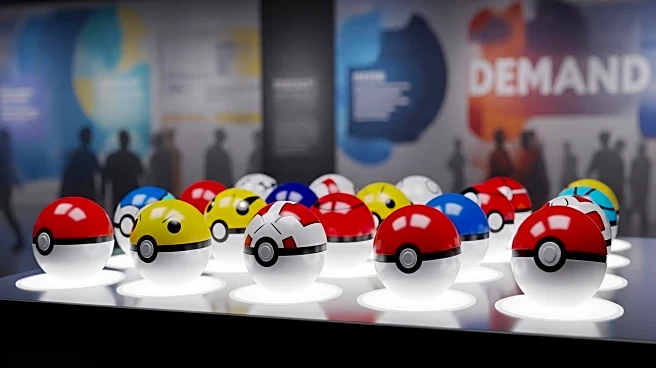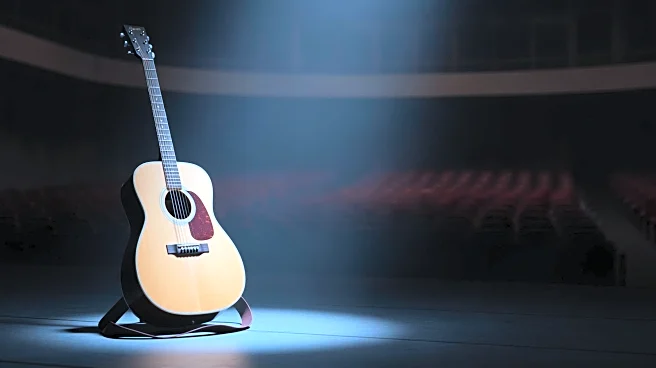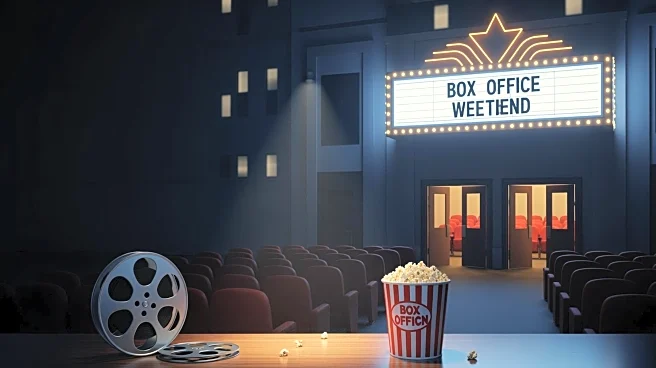What's Happening?
The Pokémon Company is set to launch a pop-up shop at the Natural History Museum in London as part of its 30th anniversary celebrations. The shop will feature exclusive merchandise, including clothing, stationery, accessories, prints, and a new plush toy. Fans must register for free tickets to visit the store, which will operate from January 26 to March 22, 2026. The merchandise will also be available online through the museum's shop. This collaboration aims to highlight the shared focus on the natural world between Pokémon and the museum, drawing inspiration from the museum's architecture and naturalist sketches.
Why It's Important?
The collaboration between Pokémon and the Natural History Museum is significant as it merges popular culture with educational themes, potentially attracting diverse audiences to the museum. However, the event raises concerns about merchandise scalping, a problem that plagued a similar Pokémon pop-up at the Van Gogh Museum in 2023. The scarcity of Pokémon collectibles has led to market speculation and inflated prices, affecting fans and collectors. The Pokémon Company faces the challenge of managing demand and preventing scalping, which could impact its reputation and fan satisfaction.
What's Next?
The Pokémon Company has yet to reveal how it plans to address potential scalping issues with the Natural History Museum collaboration. Possible strategies could include increasing stock availability or implementing purchase limits to ensure fair access to merchandise. As the 30th anniversary of Pokémon approaches on February 27, 2026, the company may announce additional events or collaborations, further influencing fan engagement and market dynamics.
Beyond the Headlines
The collaboration highlights the cultural impact of Pokémon, which has evolved from a video game franchise into a global phenomenon influencing various sectors, including education and art. The partnership with the Natural History Museum may encourage other cultural institutions to explore similar collaborations, blending entertainment with educational experiences. This trend could lead to innovative approaches in museum programming and audience engagement.









